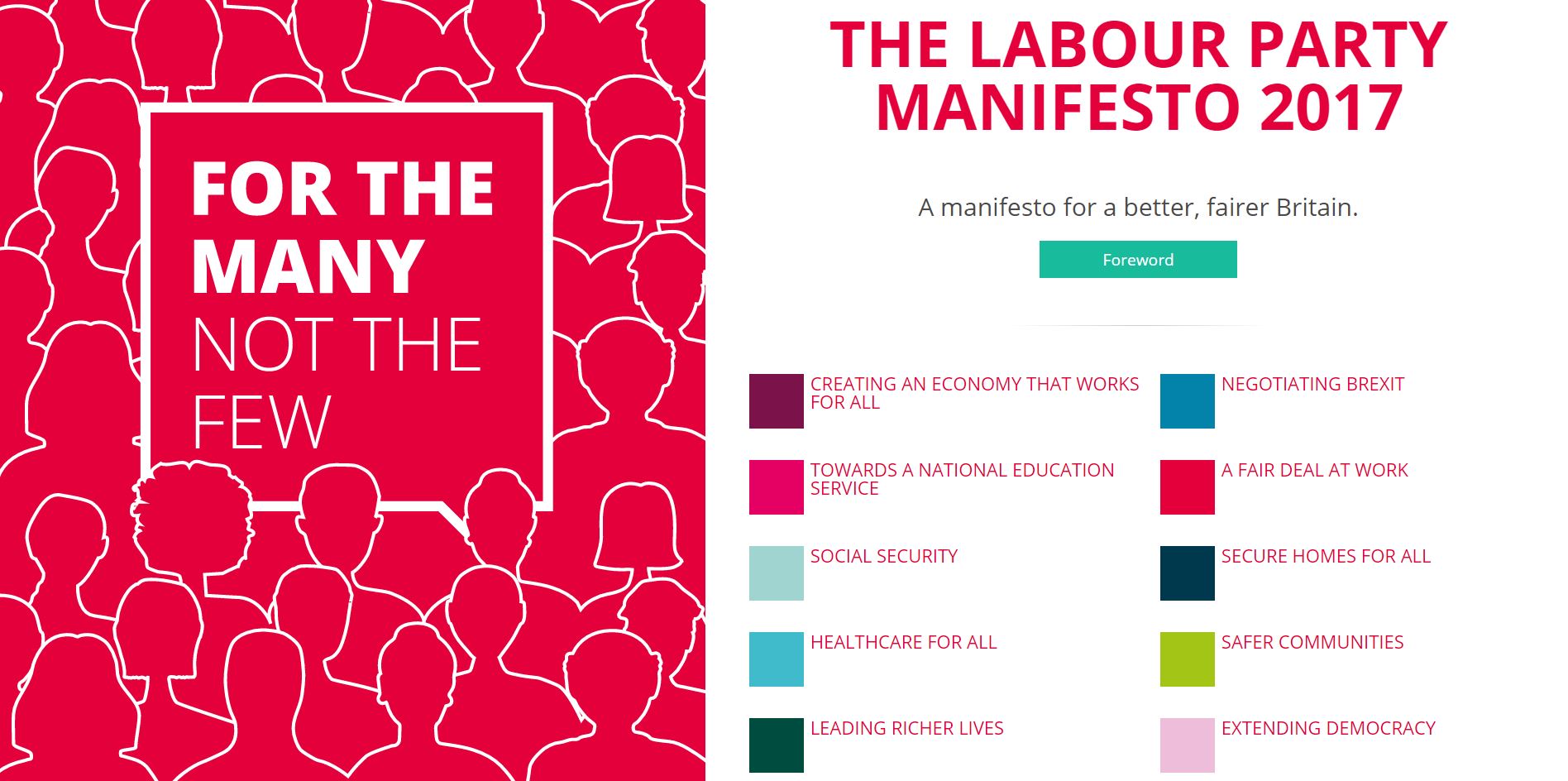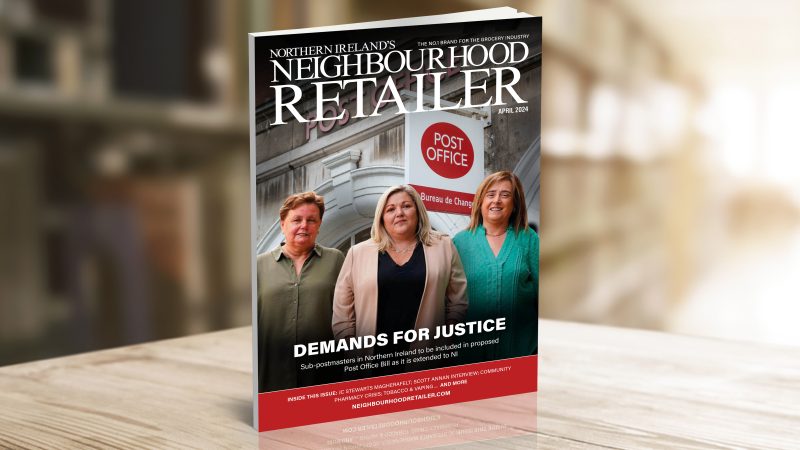Labour manifesto ‘positive’ despite £10 wage promise

A group representing Northern Irish independent retailers has described the Labour manifesto released on Thursday as “positive”, despite its concern over plans for a £10 minimum wage.
Retail NI, which represents local traders across NI, said the extensive document announced by Labour leader Jeremy Corbyn contained “positive policy priorities”.
The manifesto, which runs to 128 pages, has been welcomed favourably by many, and includes a number of radical changes to the UK economy, including placing British railways back in public ownership, moving towards a publicly-owned energy system, and a review of council tax and business rates.
The party also promises to raise income tax to 45p for people earning over £80,000, and 50p for those on more than £123,000.
However, the local retail organisation said it is concerned at proposals to increase corporation tax and introduce a £10 minimum wage.
Retail NI chief executive Glyn Roberts said: “This manifesto has some positive policy priorities such as big increases in investment in infrastructure, skills and pledging not to increase National Insurance contributions for our members.
“However we have real concerns over Labour’s proposal to increase Corporation Tax and indeed it is unclear if this hike also includes small businesses.”
Mr Roberts said the business community in Northern Ireland wanted a local 12.5% corporation tax rate, to equal that in the Republic of Ireland.
“Their proposals to introduce a £10 minimum wage are a real cause for concern for our members, who are already struggling with the existing National Living Wage,” Mr Roberts added. “A recent survey of our members showed that 67% of them are reducing staff hours and over 51% are expecting to reduce staff numbers to afford the Living Wage.
“A £10 minimum wage is unaffordable for many of our members and would be a threat to staff hours and jobs. Wage rates should be set independently by the Low Pay Commission and should not used as a political bargaining chip.”







